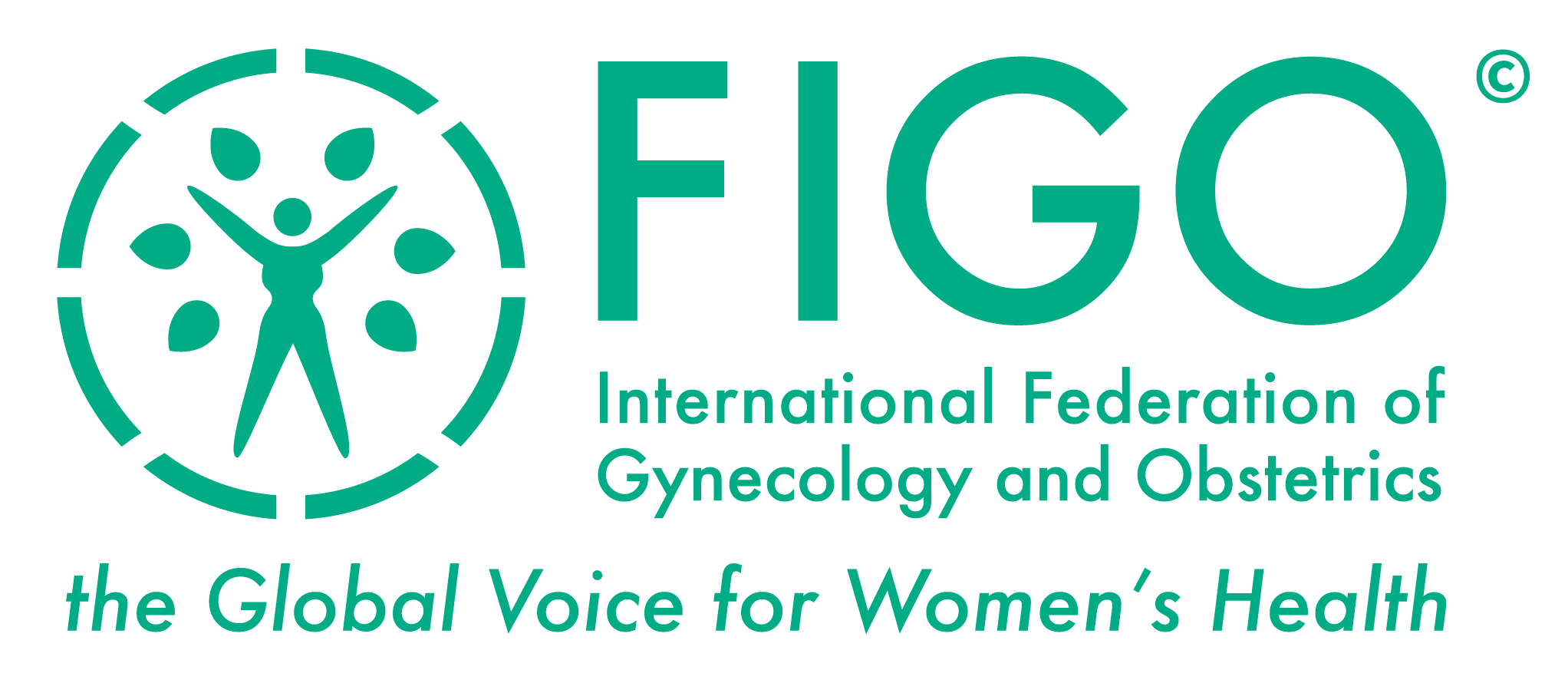
6. Provide ethical closure counselling: Understand the ethical, cultural and legal aspects of infertility care. To facilitate closure healthcare providers should recognize when closure counselling is needed and be aware of alternative parenting options.
Cultural perspectives regarding infertility and ART are as diverse as the societies in which they exist. However, one common theme is that infertility is perceived universally by the infertile as a stigma. In many cultures infertility is usually blamed on the female partner. As a result, the burden of infertility is heavier for women, especially in societies that define womanhood through motherhood. The feeling of stigmatization is exacerbated by family, peer and media pressure and leads to psychological, marital and social problems (Daar, 2001).
Care providers should ask patients about the impact of their infertility on their lives. Using this information and the prognosis for the patient, the provider can determine when hopeful expectation should be replaced by closure counselling. Other options for the patient, such as adoption or a more involved role with other children in the extended family, should be explored. In exceptional circumstances, depending on the patient’s unique situation and the societal/cultural values and customs, it may be appropriate to discuss donor sperm, egg or embryo, surrogacy/gestational carrier or cross-border reproductive care.
